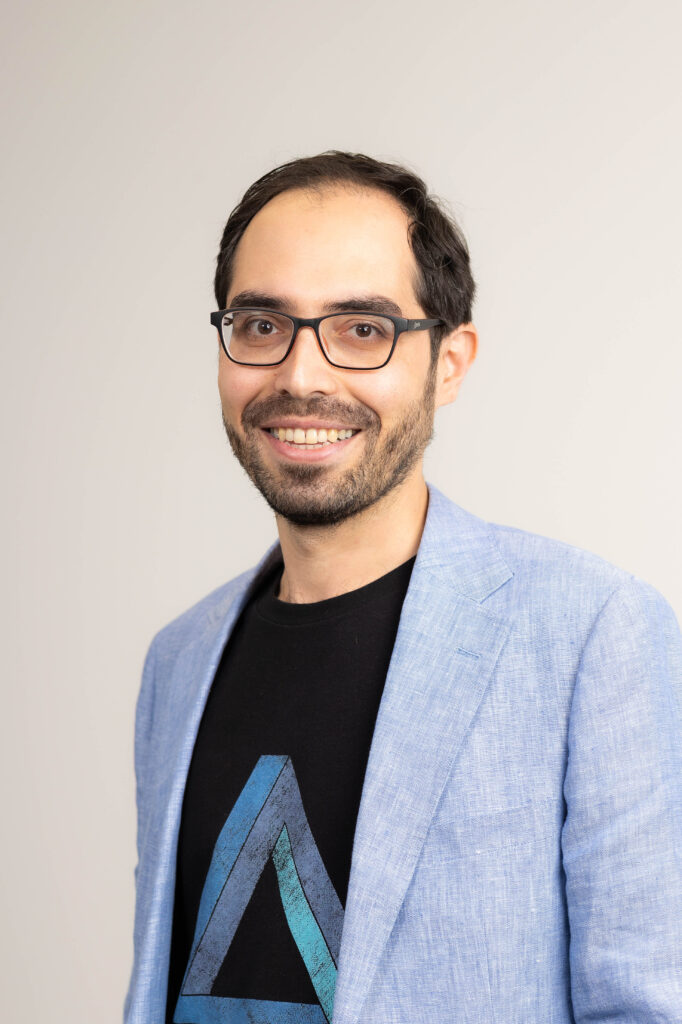
Dr Sina Naficy
Project Director
School of Chemical and Biomolecular Engineering, The University of Sydney
Dr Naficy is a Polymer Engineer with over 15 years of academic and industrial experience in polymer formulation, product design, fabrication processes, and additive manufacturing. His research expertise includes physical modelling of polymeric networks, chemical modification of macromolecules, and advanced polymer processing. Sina was named one of three most innovative engineers in Australia in Additive Manufacturing (Engineers Australia, 2019), and was awarded the Vice Chancellor’s Award for Excellence in Multidisciplinary Research (University of Wollongong, 2017). He is a senior research fellow at The University of Sydney and the project director for the “Polymeric Heart Valve Replacement Program”.
https://www.sydney.edu.au/engineering/about/our-people/academic-staff/sina-naficy.html
Email: [email protected]
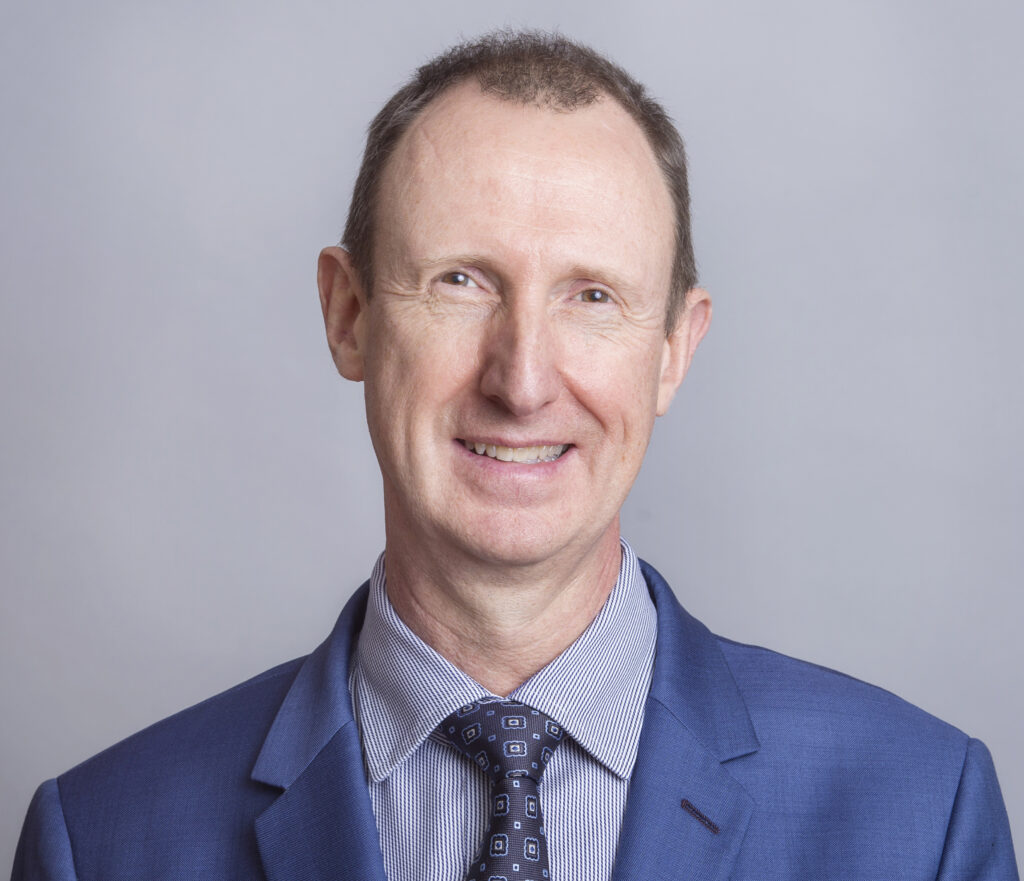
Professor David S. Winlaw
Co-Executive Director of Heart Center, Division Head of Cardiothoracic Surgery, Ann and Robert H. Lurie Children’s Hospital of Chicago, IL, The United States of America
Prof. Winlaw is a paediatric and congenital heart surgeon at Ann and Robert H. Lurie Children’s Hospital of Chicago. His research expertise includes translational research in bioengineering and genetics and clinical outcomes research. He is also a Professor at the Northwestern University, IL. He was formerly a paediatric and congenital heart surgeon at Cincinnati Children’s Hospital, the Vivienne and Ross Hobson Professor in paediatric cardiac disease at the University of Sydney and The Sydney Children’s Hospital Network.
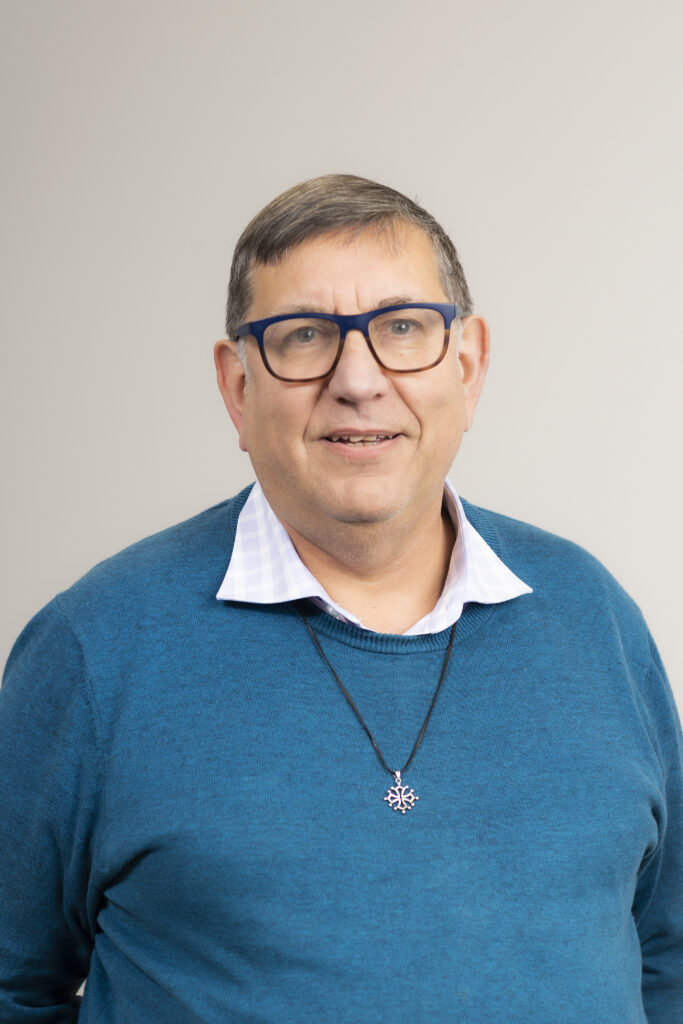
Professor David F. Fletcher
School of Chemical and Biomolecular Engineering, The University of Sydney
Adj. Prof. Fletcher is a mathematician who has spent the last 40 years performing Computational Fluid Mechanics (CFD) and Fluid Structure Interaction (FSI) simulations for a wide range of chemical, biomedical and nuclear engineering problems. He has a Habilitation à Diriger des Recherches in chemical engineering from the Université de Toulouse, France. As a sole trader he combines academic research with providing model development and advanced analysis to a wide range of clients, including the local Ansys distributors (LEAP Australia) . He is responsible for the simulation work on the project.
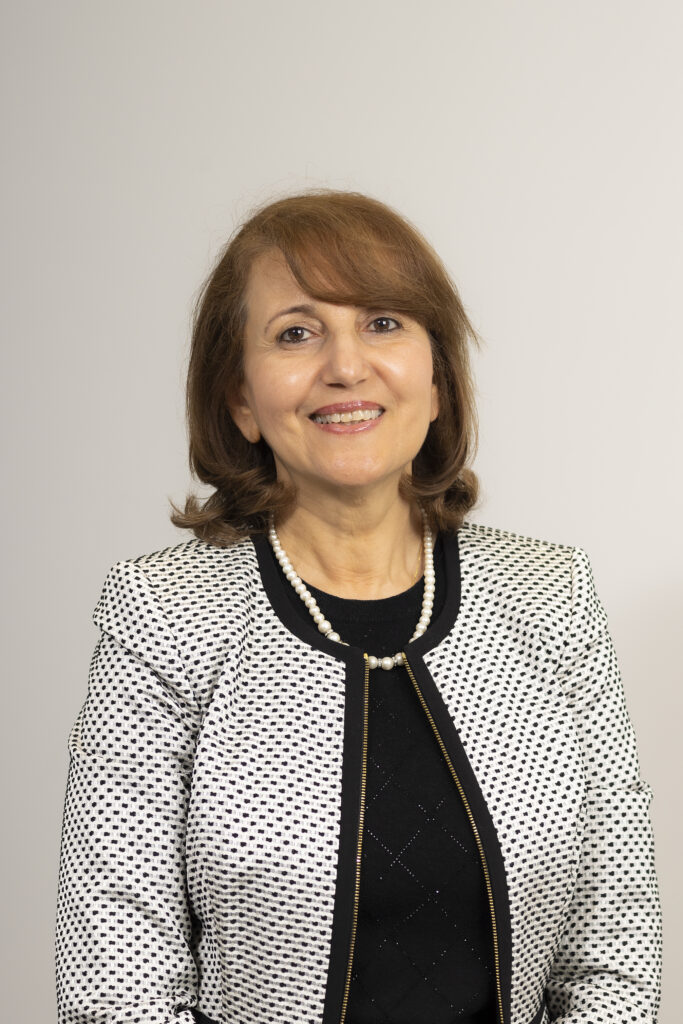
Professor Fariba Dehghani
School of Chemical and Biomolecular Engineering, The University of Sydney
Prof. Dehghani is the director of Bioengineering in the school of Chemical and Biomolecular Engineering at the University of Sydney. Her research focuses on developing biomaterials, particularly polymers for diagnostics, treatment and prevention of diseases to promote human health and wellbeing. She was recognised by Engineers Australia as one of the Australian’s top engineers for innovation, also received multiple awards for her excellence in research innovation, supervision and industry engagement. Fariba promotes entrepreneurship and foundational skills acquisition for researchers, which has contributed to the establishment of four start-up companies led by her former research team members.
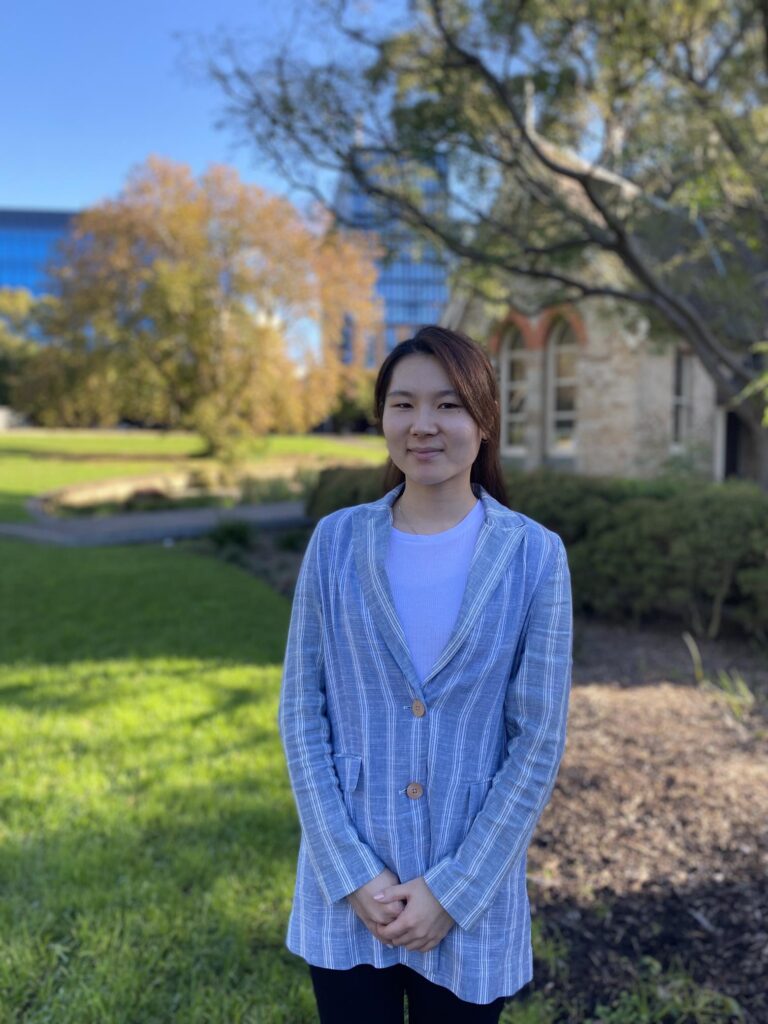
Dr Aeryne Lee
School of Medicine, The University of Sydney
School of Chemical and Biomolecular Engineering, The University of Sydney
Dr Aeryne Lee is a Research Associate at the School of Chemical and Biomolecular Engineering at The University of Sydney. Her PhD in Medicine and Health and biomedical engineering background (awarded University Medal in 2019) have been key in the multidisciplinary methods required for the development of next-generation polymeric pulmonary heart valves. The focus of her research involves computer-aided design of bioinspired valve geometries, 3D fabrication, and in vitro testing of prototypes.
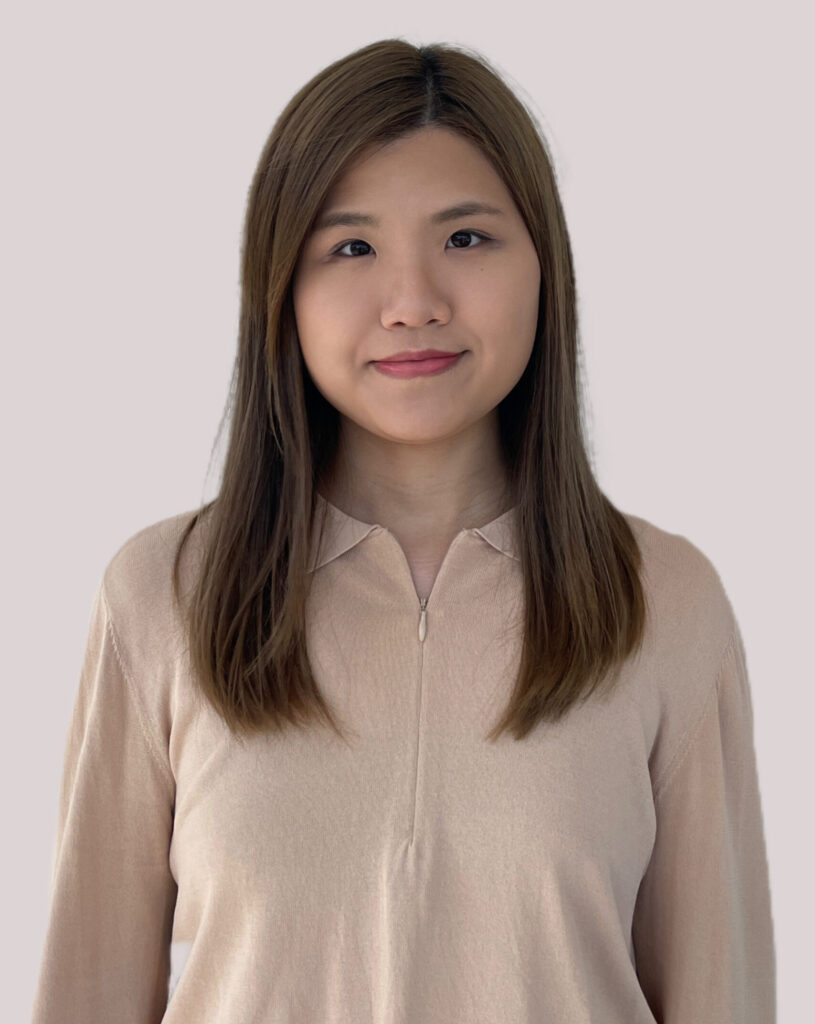
Dr Xinying Liu
School of Chemical and Biomolecular Engineering, The University of Sydney
Dr. Xinying Liu is a Research Associate at the School of Chemical and Biomolecular Engineering, University of Sydney, specializing in Computational Fluid Dynamics (CFD), Fluid-Structure Interaction (FSI), and multiphysics simulation for biomedical engineering problems. Her research focuses on revolutionizing healthcare technologies and improving patient outcomes by developing advanced modelling and simulation techniques for complex fluid systems. With expertise in cardiovascular hydrodynamics and gastric flow systems, she contributes to a deeper understanding of physiological processes and the development of innovative medical treatments. Passionate about bioengineering and the digital transformation of healthcare, she actively collaborates across disciplines to bridge engineering and medicine, leading to personalized healthcare solutions and transformative advancements in the field.
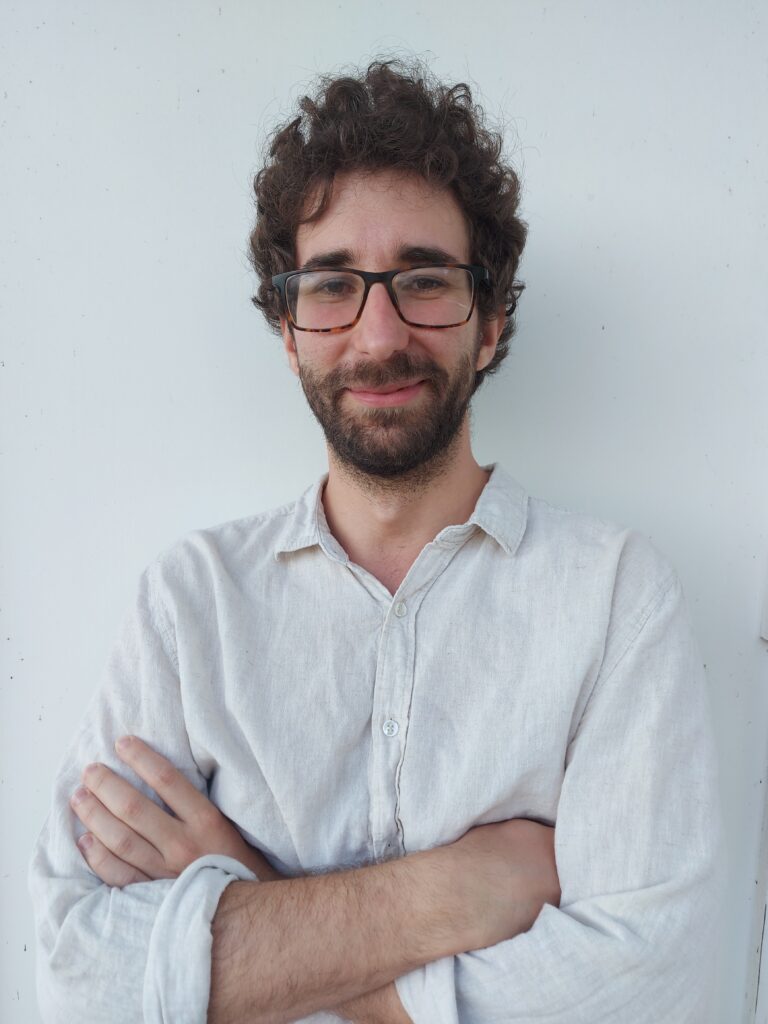
Dr Jacopo Giaretta
School of Chemical and Biomolecular Engineering, The University of Sydney
Dr. Jacopo Giaretta is a material engineer graduated from the university of Padova (Italy). He has recently completed his PhD in Chemical and Biomolecular Engineering at the University of Sydney and is currently working as a research assistant. With a background in material science, polymer processing, actuators and sensors, manufacturing, and design, he is working on the optimisation of the fabrication and manufacturing process to improve the heart valve performances.
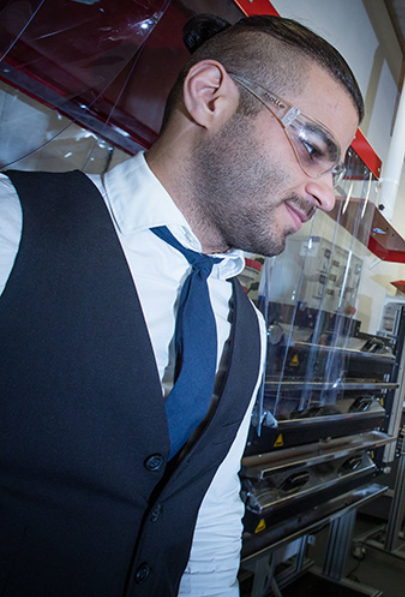
Dr Sepehr Talebian
School of Chemical and Biomolecular Engineering, The University of Sydney
Dr. Sepehr Talebian is a postdoctoral researcher at the School of Chemical and Biomolecular Engineering of the University of Sydney. With polymer science background, he received his PhD in Chemistry (2020) from the University of Wollongong, Australia. His research involves synthesis and characterisation of new polymeric materials for medical application such as localised and on-demand drug delivery, and manipulation of surface chemistry to enhance biocompatibility.
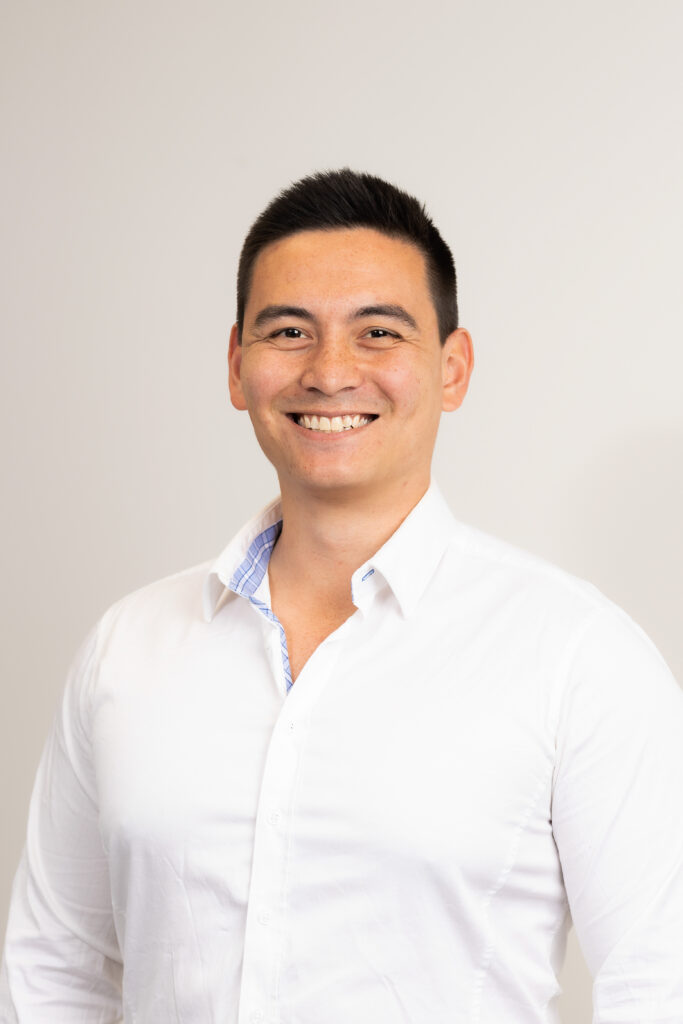
Matthew A. Crago
School of Chemical and Biomolecular Engineering, The University of Sydney
Matthew Crago has expertise in chemical engineering and medical science, and is currently undertaking a PhD in the School of Chemical and Biomolecular Engineering at the University of Sydney. He maintains a strong interest in interdisciplinary approaches to enable translational bioengineering research. His work aims to improve the biological resistance of blood-contacting polymers and to explore novel valve designs that accommodate somatic growth, such that the team’s heart valve platform may be applied towards the long-term treatment of congenital heart disease.
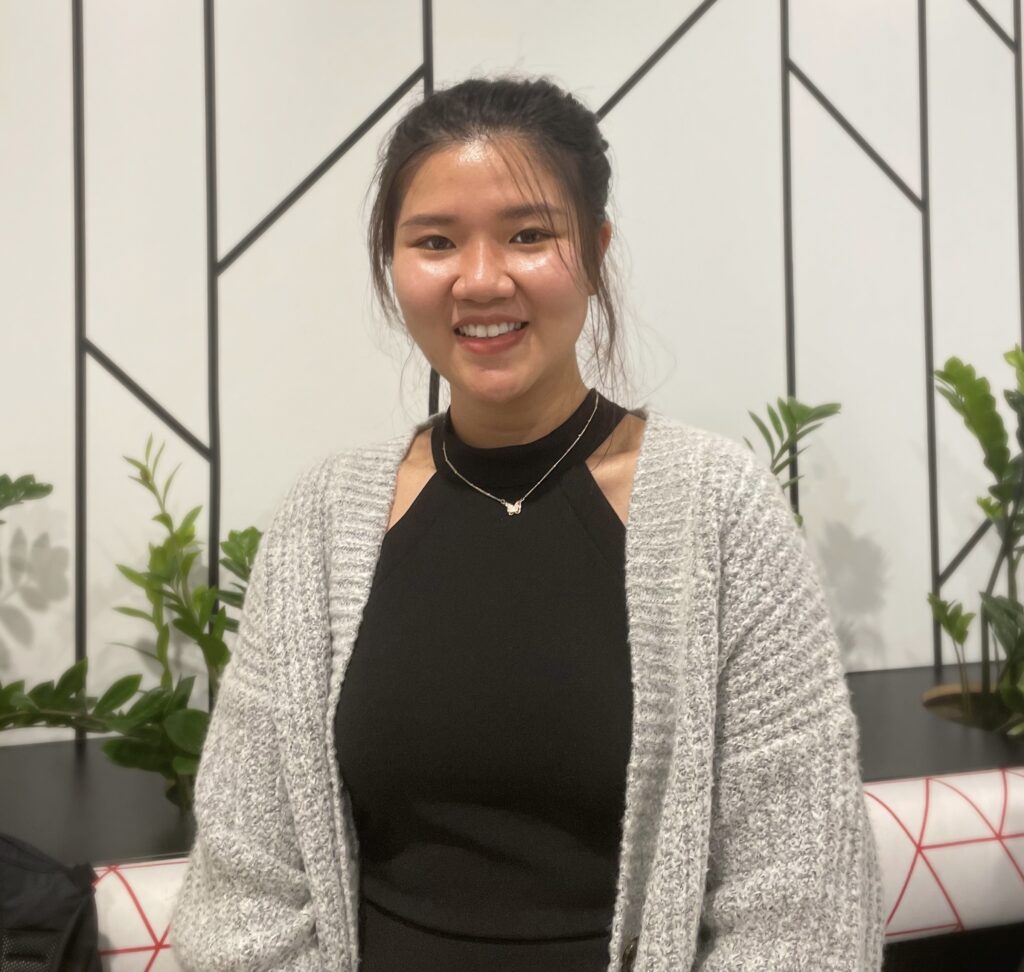
Tina Hoang
School of Chemical and Biomolecular Engineering, The University of Sydney
Tina Hoang is an undergraduate Chemical and Biomolecular Engineering student from The University of Sydney. She joined the Personalised Polymeric Heart Valve project during the winter break of 2022, and now is doing her Honours in this program. She is interested in working in the healthcare and sustainability sectors.
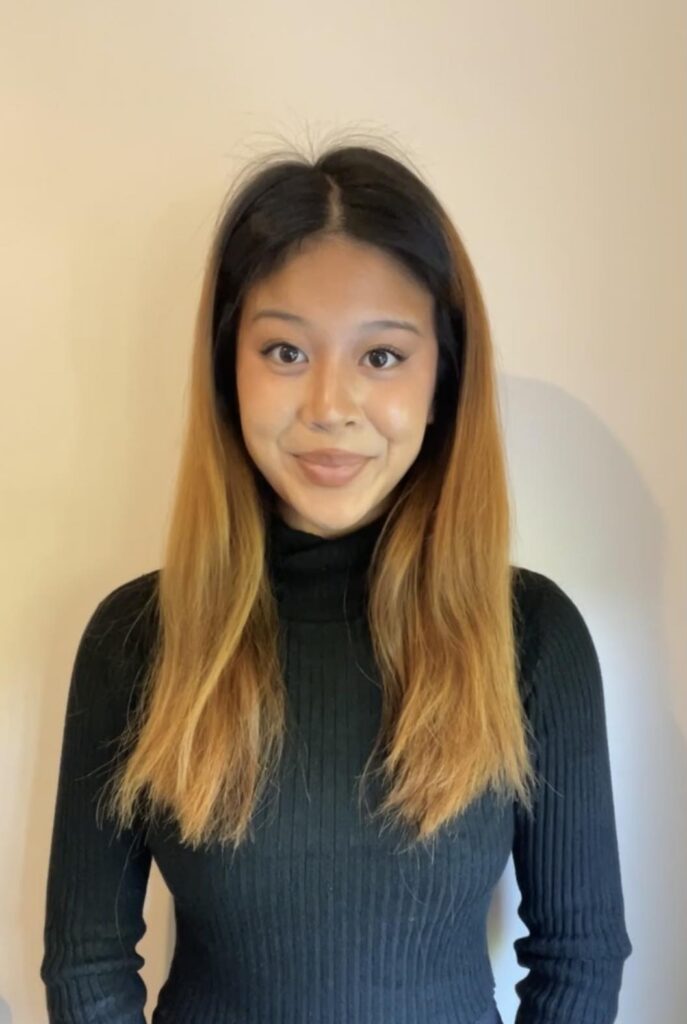
Karinna Shay Yee
School of Chemical and Biomolecular Engineering, The University of Sydney
Karinna is an undergraduate Chemical and Biomolecular Engineering student from The University of Sydney. She joined the Personalised Polymeric Heart Valve project during the summer break of 2023. She is interested in working in the healthcare and sustainability sectors.
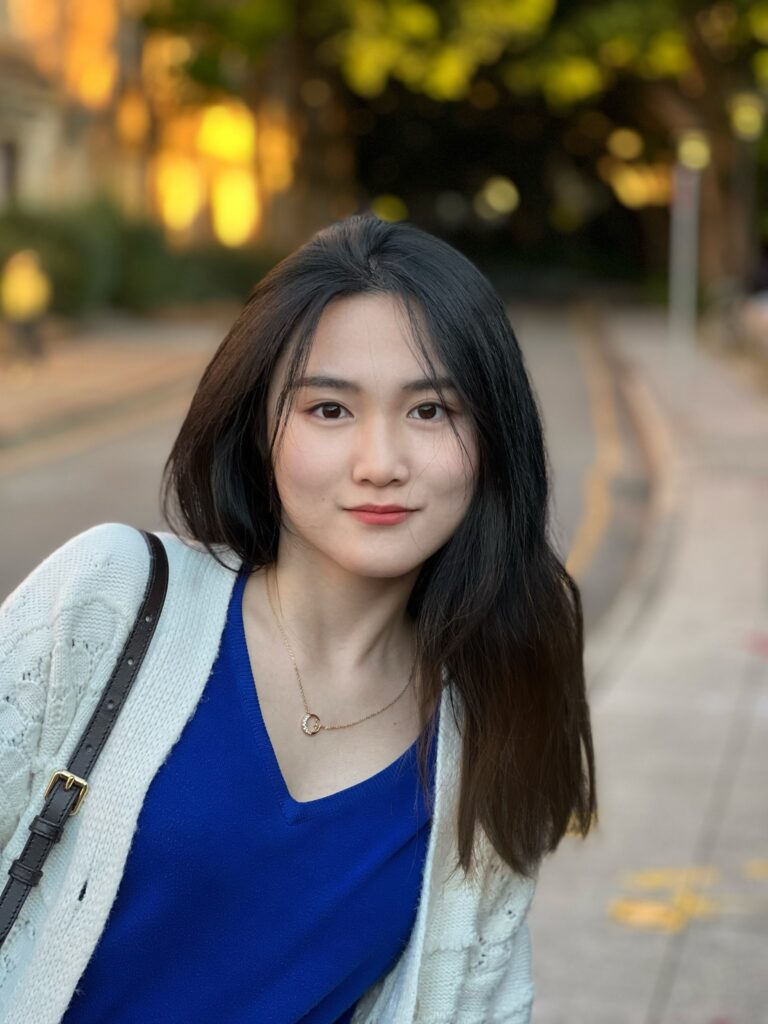
Yiqi Wang
School of Biomedical Engineering, The University of Sydney
Yiqi is an undergraduate 4th year student in the School of Biomedical Engineering at the University of Sydney. She joined the Polymeric Heart Valve Replacements project during the winter break of 2023. She works on computational simulation to evaluate the properties of the heart valve materials.
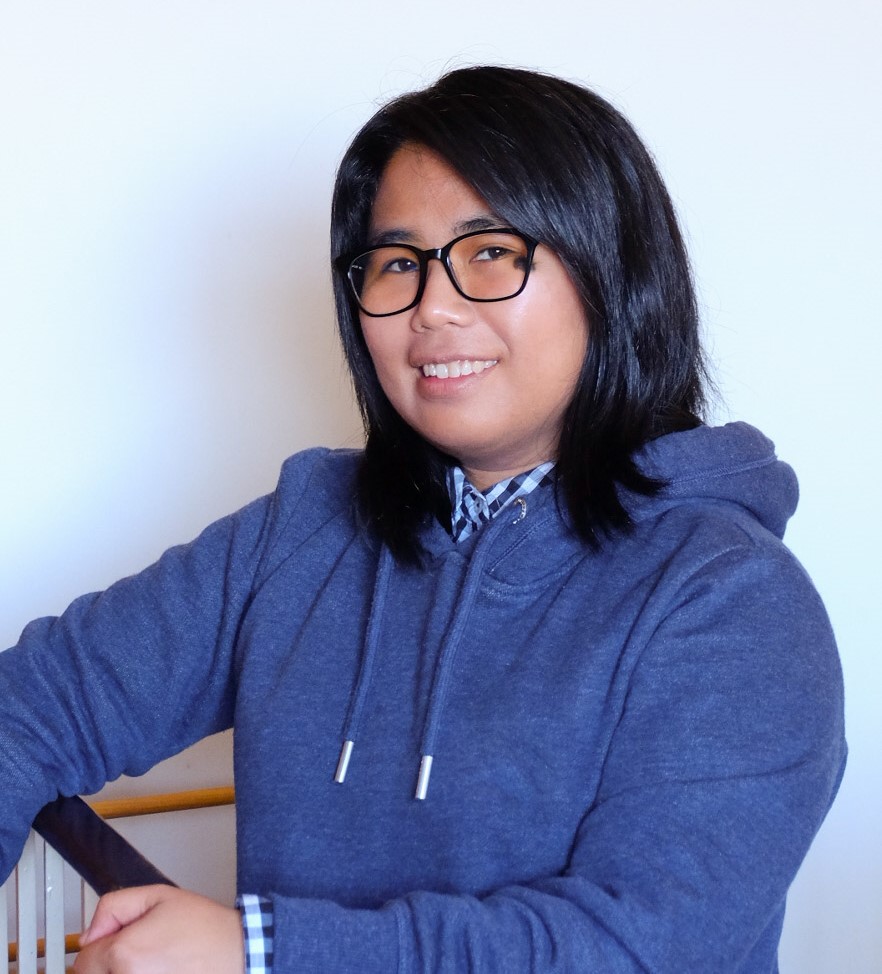
Isabel Claro
School of Chemical and Biomolecular Engineering, The University of Sydney
Isabel is a postgraduate student from the School of Chemical and Biomolecular Engineering working towards her Master’s degree. She joined the project during the winter break of 2023 through the Vacation Research Internship Program. Her work is on optimising parameters to make the material for the polymeric heart valve more biocompatible.
